Building a custom home is a significant investment, both financially and emotionally. It represents not just a place to live but also a space where you will create memories and build your future. Choosing the right custom home builder in Melbourne is crucial to ensuring that your vision comes to life without unnecessary stress or complications. With many Melbourne home builders to choose from, it’s essential to consider various factors that can influence your decision. This guide outlines what to look for when selecting the ideal builder for your custom home project.
1. Define Your Needs and Budget
Before you begin your search for a custom home builder, it’s vital to clearly define your needs and budget.
- Assess Your Requirements: Consider the size of the home you want, the number of bedrooms and bathrooms, and any specific features like a home office or outdoor living space. Write down your must-haves versus your nice-to-haves to create a clear vision of what you desire.
- Establish a Budget: Having a realistic budget is essential. Include not just the construction costs but also land acquisition, permits, landscaping, and interior design. This budget will guide your search for Melbourne home builders, helping you narrow down your options to those who can work within your financial constraints.
2. Research Builder Credentials and Experience
Once you have a clear idea of your needs and budget, start researching potential builders.
- Check Credentials: Ensure that any custom home builder you consider is licensed, insured, and compliant with local regulations. You can usually find this information on their website or through industry associations.
- Experience Matters: Look for builders who specialize in custom homes and have a proven track record. Experienced builders are more likely to navigate challenges effectively and offer valuable insights based on past projects. Ask about their experience with homes similar to what you’re envisioning.
3. Review Portfolios and Past Projects
A builder’s portfolio is a critical resource for assessing their capabilities.
- Examine Previous Work: Look for examples of completed projects that align with your vision. This could be in terms of style, size, or features. A diverse portfolio indicates versatility and the ability to adapt to different client needs.
- Visit Display Homes: Many custom home builders in Melbourne have display homes showcasing their work. Touring these homes allows you to assess the quality of their craftsmanship, materials, and design choices firsthand.
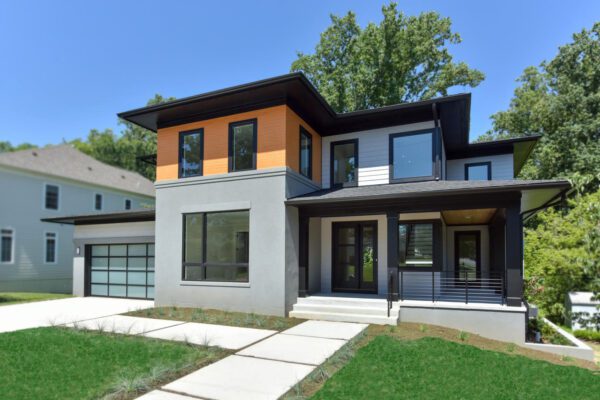
4. Read Reviews and Testimonials
Client reviews and testimonials can provide insights into a builder’s reputation and reliability.
- Seek Feedback: Look for reviews on reputable platforms or ask the builder for references from previous clients. Speaking directly with past clients can give you a clearer picture of their experiences, including how the builder handled communication, timelines, and any issues that arose during construction.
- Consider Ratings: Pay attention to both positive and negative reviews. High ratings often reflect satisfied clients, while consistently low ratings could be a red flag.
5. Evaluate Communication and Collaboration
Effective communication is essential for a successful building experience.
- Initial Interactions: During your initial meetings, evaluate how responsive and approachable the builder is. Are they willing to listen to your ideas and provide feedback? A builder who communicates openly and values your input can lead to a more collaborative relationship throughout the project.
- Ongoing Communication: Ask about how they will communicate throughout the construction process. Regular updates, site meetings, and transparency about any challenges are signs of a builder who values collaboration.
6. Understand the Building Process
Every builder has a unique approach to the construction process.
- Project Timeline: Inquire about the expected timeline for your project. Understanding how long the building process will take helps you manage expectations and plan accordingly.
- Project Management: Ask how the builder manages projects, including subcontractors, inspections, and permits. A well-organized builder will have clear processes in place, reducing the likelihood of delays and complications.
7. Discuss Customization Options
One of the main benefits of choosing a custom home builder is the ability to personalize your home.
- Flexibility in Design: Inquire about the level of customization the builder offers. Some builders may have pre-set designs that can be slightly modified, while others might allow you to create a completely unique design from scratch.
- Material and Finish Choices: Discuss your options for materials, finishes, and fixtures. A good builder should offer a range of choices that fit your aesthetic and budget.
8. Review Contracts and Warranties
Before making a final decision, thoroughly review the contract and any warranties offered by the builder.
- Contract Clarity: Ensure the contract clearly outlines the scope of work, timelines, payment schedules, and what happens if changes are needed. A detailed contract protects both you and the builder.
- Warranties: Inquire about warranties on workmanship and materials. A reputable custom home builder in Melbourne should stand by their work and offer warranties that provide peace of mind.
9. Check for Sustainable Practices
If sustainability is important to you, consider builders who prioritize eco-friendly practices.
- Energy Efficiency: Ask about energy-efficient building materials and technologies, such as insulation, solar panels, and energy-efficient appliances. These features not only benefit the environment but can also lead to long-term savings on utility bills.
- Sustainable Materials: Inquire whether the builder uses sustainable or recycled materials. Many custom home builders in Melbourne are increasingly focusing on green building practices, which can be a deciding factor for environmentally conscious buyers.
10. Trust Your Instincts
Finally, trust your instincts when making your decision.
- Comfort Level: After evaluating all the factors, consider how comfortable you feel with the builder. A good relationship and mutual respect can make a significant difference in the building process.

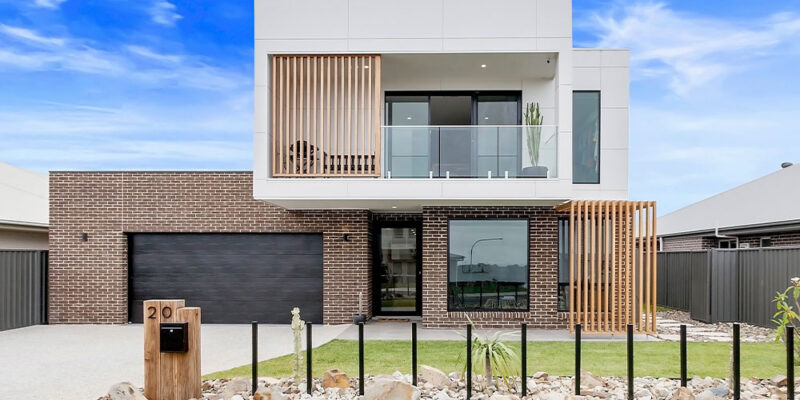



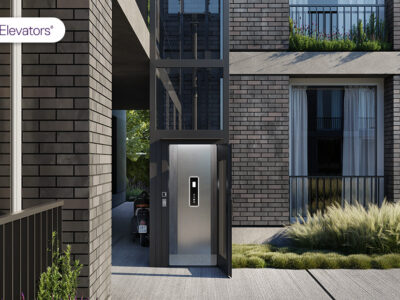
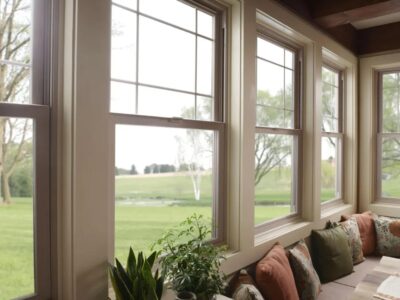



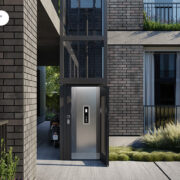
Comments